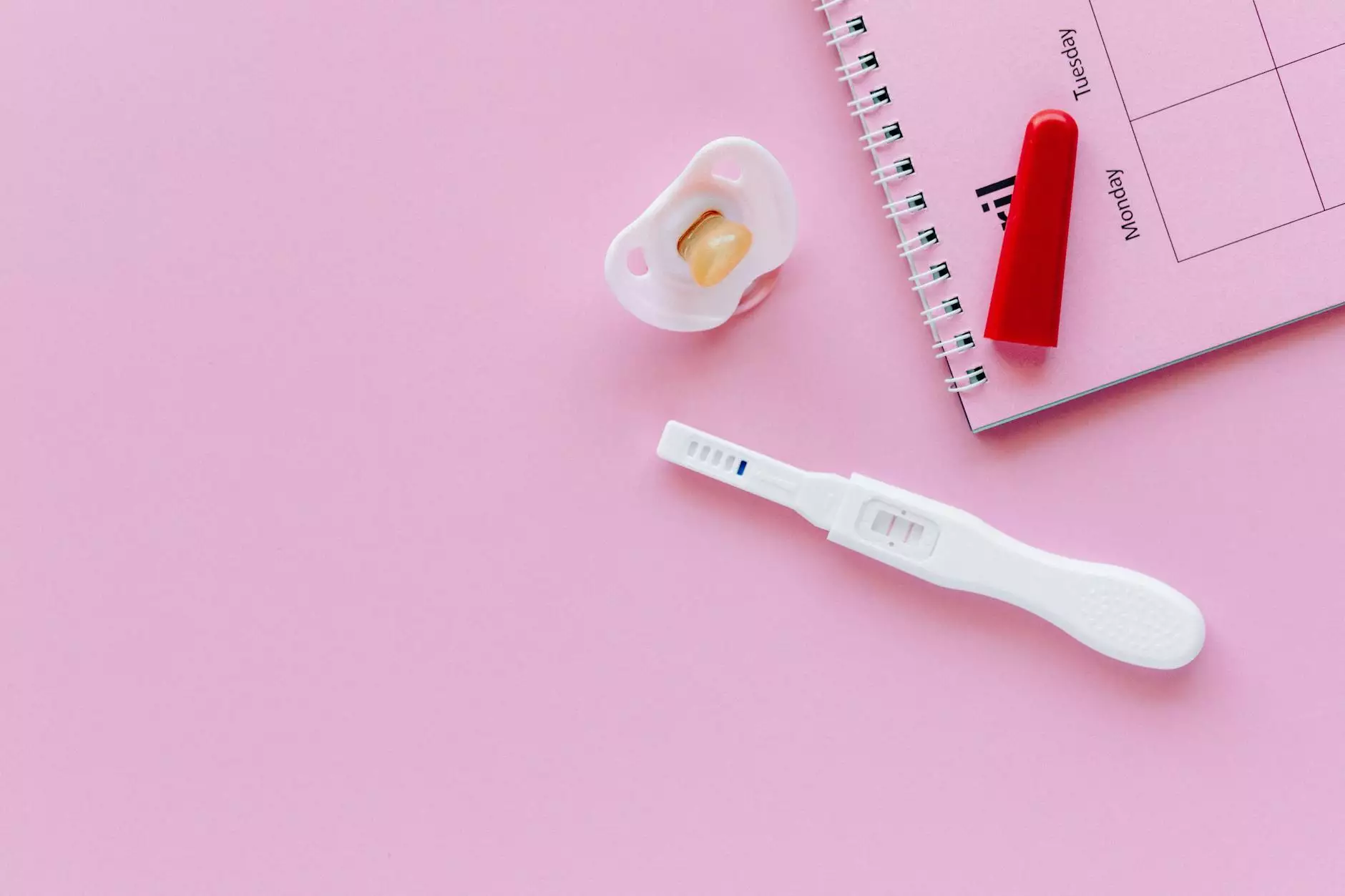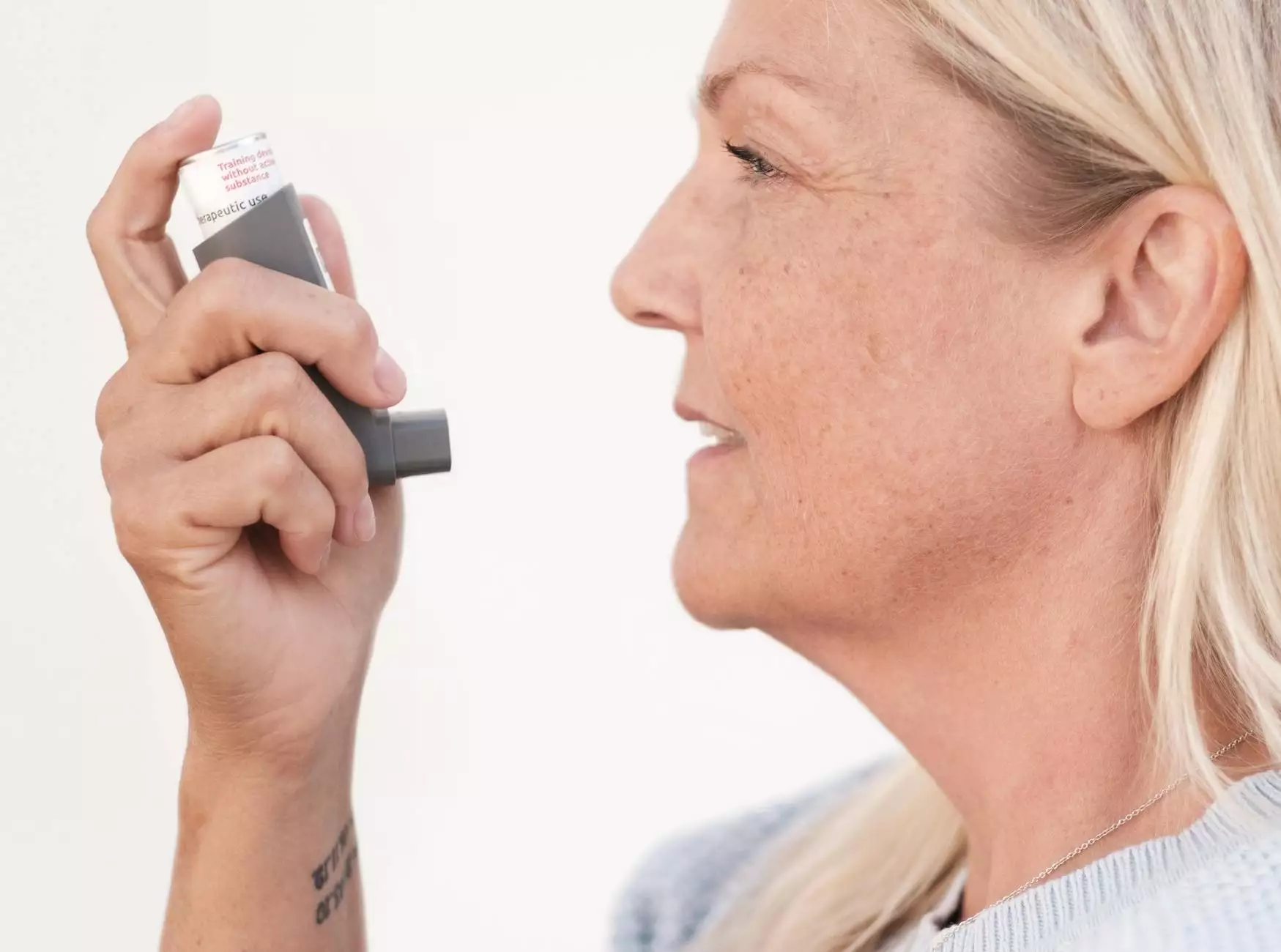The Comprehensive Guide to Gynecology Instruments

In the ever-evolving field of medicine, gynecology plays a vital role in addressing women's health issues. The instruments used in gynecology are not merely tools; they are essential components that help healthcare providers offer effective care, ensure comfort, and maintain hygiene. This article will delve into gynecology instruments, their types, importance, and how they contribute to improved health outcomes for women.
Understanding Gynecology Instruments
Gynecology instruments are specialized tools designed for the diagnosis and treatment of conditions related to the female reproductive system. These instruments are used in various procedures, from routine examinations to complex surgeries. The quality, precision, and functionality of these instruments are paramount in ensuring patient safety and effective treatment.
Types of Gynecology Instruments
Gynecology instruments can be classified into several categories based on their function. Here are some of the most commonly used types:
1. Examination Instruments
Examination instruments are essential for routine gynecological check-ups. They help doctors assess a patient’s reproductive health. Key examination instruments include:
- Speculum: A tool used to dilate the vagina for examination of the cervix and vagina.
- Endoscope: A thin tube equipped with a light and camera for internal examination.
- Forceps: Instruments used to grasp and manipulate tissues during examinations.
2. Surgical Instruments
Surgical gynecology instruments are utilized during procedures ranging from minimally invasive surgeries to more extensive operations. Some critical surgical instruments include:
- Scissors: Used for cutting tissue during surgery.
- Scalpels: A small knife used in surgical procedures to make incisions.
- Suction Devices: Instruments designed to remove fluids from the surgical site.
- Trocars: Sharp instruments used to puncture the body cavity.
3. Diagnostic Instruments
Diagnostic instruments are crucial for accurate diagnosis and assessment of conditions affecting women’s reproductive health. Key instruments include:
- Ultrasound machines: Used for imaging the reproductive organs.
- Colposcopes: Magnifying lenses used to examine the cervix closely.
- Biospy needles: Instruments used to extract samples for pathological examination.
Importance of Quality Gynecology Instruments
The quality of gynecology instruments directly impacts patient outcomes. High-quality instruments lead to better precision and reduced risks during procedures. Additionally, investing in quality instruments enhances the overall trust in healthcare establishments. Here are some key points highlighting the importance of quality gynecology instruments:
- Precision: Accurate and precise instruments ensure that examinations and surgeries are performed correctly, reducing the chance of complications.
- Hygiene: Quality instruments are designed to be easily sterilized, thus minimizing the risk of infection.
- Durability: High-quality instruments are long-lasting, saving costs on frequent replacements.
Innovations in Gynecology Instruments
In recent years, there have been significant advancements in the design and technology of gynecology instruments. Innovations include:
1. Minimally Invasive Techniques
Minimally invasive surgery has transformed gynecological procedures, allowing for smaller incisions, reduced pain, and faster recovery times. Instruments such as robotic surgical systems have become pivotal in this area, enabling precision and control.
2. Enhanced Imaging Technologies
Modern imaging technologies, such as 3D ultrasound and MRI, provide real-time insights into the reproductive system, aiding in more effective diagnoses and treatment plans.
3. Smart Instruments
With the advent of smart technology, some gynecology instruments now feature integrated sensors that provide data to healthcare providers, improving decision-making during surgical procedures.
Choosing the Right Supplier of Gynecology Instruments
When it comes to purchasing gynecology instruments, it is critical to choose a supplier that prioritizes quality, safety, and compliance. Here are some key considerations:
- Reputation: Research suppliers’ reputations within the healthcare community. Look for reviews and testimonials from other medical professionals.
- Certification: Ensure that the instruments meet industry standards and regulations, including certifications from health authorities.
- Product Range: Choose suppliers that offer a wide range of instruments to cater to various gynecological needs.
- Support and Service: Consider suppliers that provide good customer support, including after-sales service and instrument maintenance.
Conclusion
In conclusion, gynecology instruments are indispensable tools in the field of women’s health, significantly impacting diagnosis, treatment, and overall care. As technology advances, the quality and functionality of these instruments continue to improve, leading to better outcomes for patients. To ensure effective care, healthcare providers must prioritize the selection of high-quality instruments and reliable suppliers. At New Med Instruments, we are committed to providing top-quality gynecology instruments to support healthcare professionals in their critical work.
Call to Action
If you are a healthcare provider looking for reliable gynecology instruments, explore our comprehensive range at New Med Instruments. Your commitment to quality care starts with the right tools!









